How PURE Academy is looking to tackle youth crime in a new way for Memphis' kids
Seven months ago, elected officials, law enforcement and activists met at Crosstown Concourse to plan the best ways to reduce crime, which was surging at the time.
The Shelby County District Attorney's Office, Memphis Police Department, Shelby County Sheriff's Office, Shelby County Juvenile Court personnel, Memphis City Council members, Shelby County commissioners, the county and city mayors and state legislators were among those in the room.
The hourslong conversation was "robust" and had the "right level of tension," Shelby County Mayor Lee Harris said after. DA Steve Mulroy, in a recent interview with The Commercial Appeal, said part of that conversation included finding "five consensus priorities."
"One of them was increasing the capacity for residential juvenile facilities for justice-involved youth," Mulroy said. "We specifically mentioned PURE Academy as an example. A different elected official was supposed to take charge and be the lead for each of the five consensus priorities... Juvenile court took over the one about the residential juvenile facilities and PURE Academy."
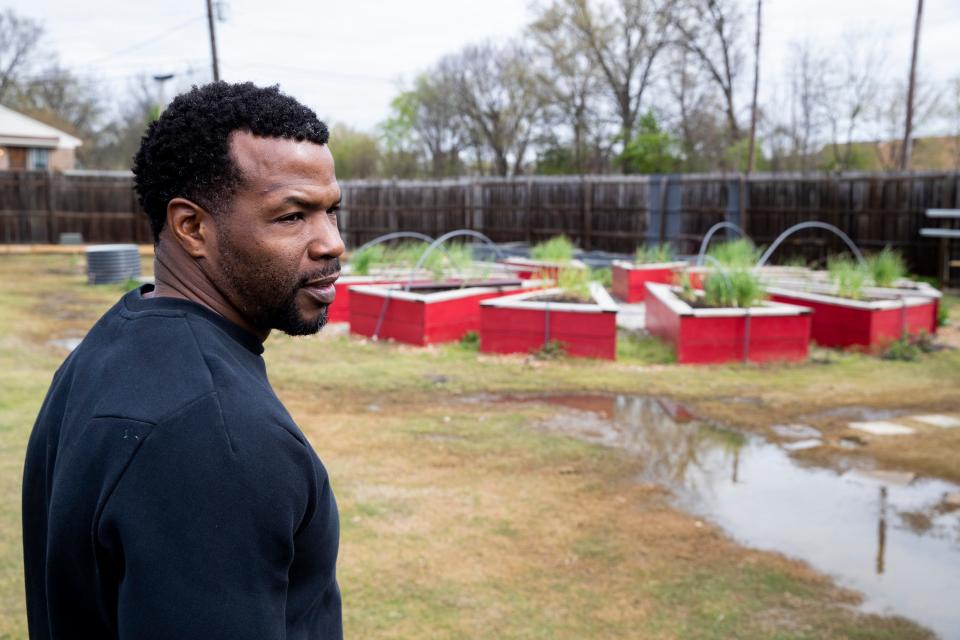
And so, a partnership between the juvenile court system and PURE Academy was ignited. In recent weeks, Mulroy and Juvenile Court Judge Tarik Sugarmon have touted the work that PURE Academy has done.
What is PURE Academy?
PURE Academy — PURE standing for Progressing Under Restraints and Extremes — is the brainchild of Melvin Cole. He had long led mentorship groups but found that oftentimes kids would go home and be in an environment that made it more likely they would get involved in crime.
In 2018, Cole and some backers bought four parcels of land in Whitehaven with the vision of turning the property into a residential school. Young men would stay at the school around the clock, and take part in the school's football program.
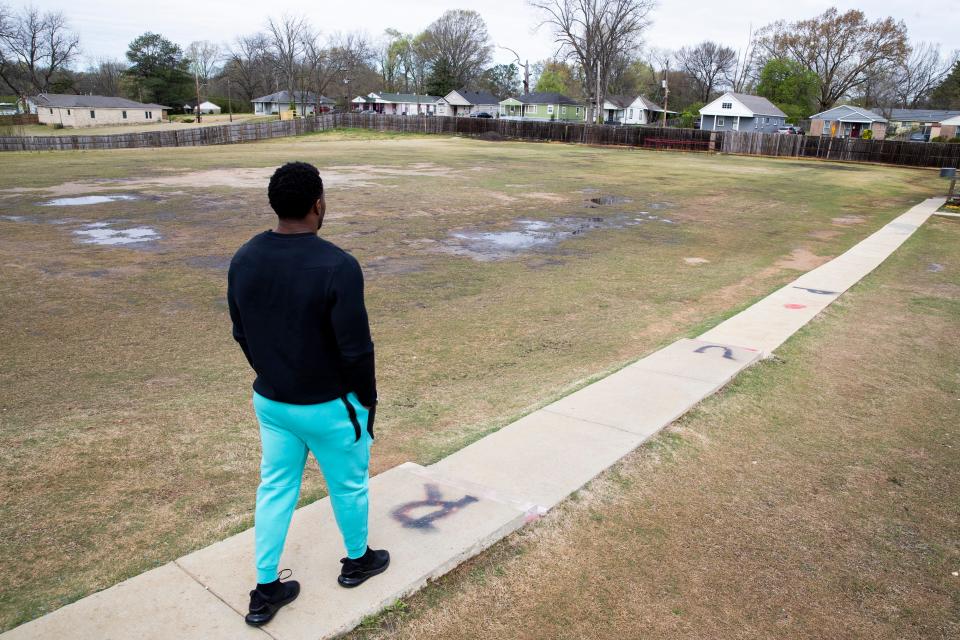
PURE Academy would be, in Cole's mind, a place where high school-aged boys — predominantly young Black men from impoverished areas of Memphis — could learn discipline, find multiple academic pathways and, ultimately, go to college or trade school.
Now, six years later, PURE Academy has sent the majority of its graduates to college, and the remainder are in trade school or the military. The number of students is small, with its current campus able to house up to 24 students, but small class sizes allow PURE Academy's faculty to tailor education to each student.
More: Memphis' mayor met with gang leaders to talk about gun violence. What could happen next
Each morning, students wake up at 6:15 a.m. for meditation and mindfulness exercises. At 7:15, they go to a morning workout followed by breakfast. School is in session from 9 a.m. until 1:30 p.m.
At 3:30 p.m., students prep for their 4:30 practice. Dinner is served at 6:45, with a math class conducted an hour later. By 8:30, students are in a study session and in bed by 10.
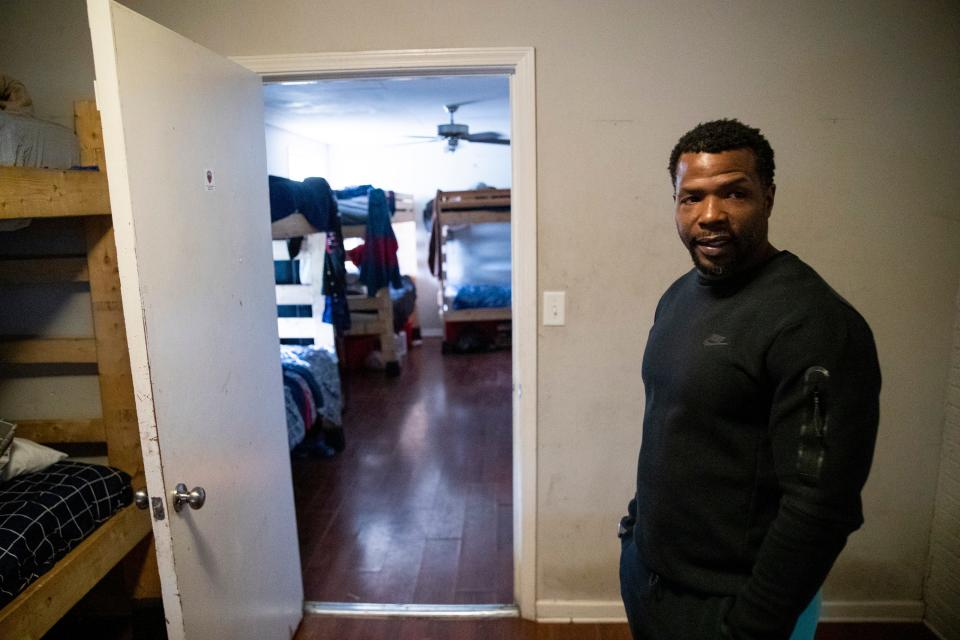
Though teaching common curriculum — like math, science, social studies and English — PURE Academy also has a focus on agriscience and agribusiness, a particular interest for Cole.
"It has 100% job placement, so I knew it was a field that young boys could get into and change the trajectory of their lives," Cole said. "There's a huge demand for it. It started off as the pizza garden — with pizza being my favorite food and most of the kids' favorite — and it grabbed their attention and grew from there. Once you introduce them to agriculture and then add the business side, because everybody's interested in making money, this showed them the value of healthy living."
PURE Academy, though emphasizing academic success, places involvement in sports on the same level as academics. Football is currently the only sport PURE Academy supports, with alumni like Tevin Carter going on to play for the University of Memphis. Carter has since transferred to Tennessee State University.
Cole said he plans to add basketball and boxing in the future.
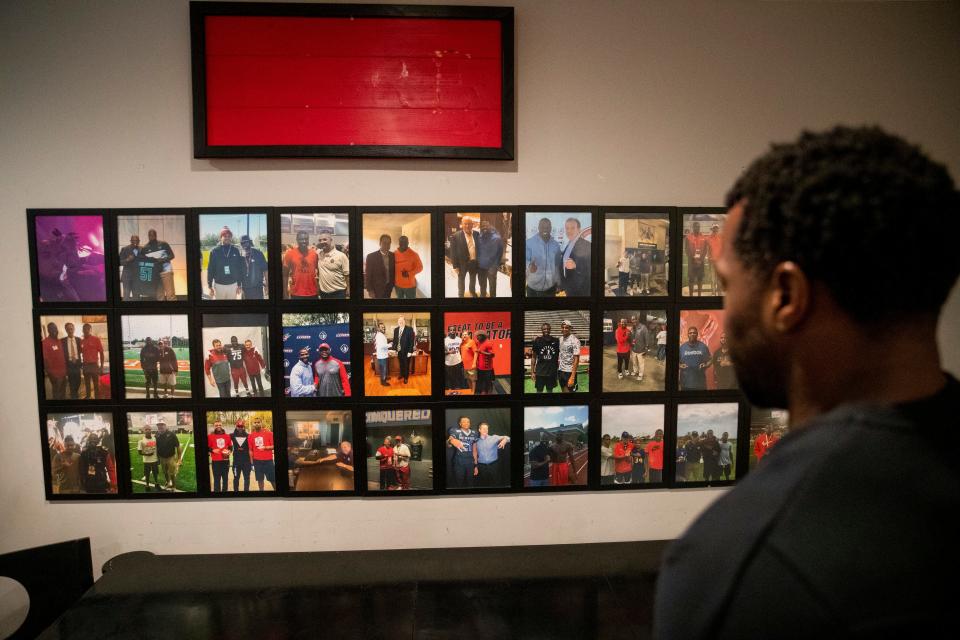
"We're going to provide so many different opportunities for the youth of Memphis, beyond just a great environment where they can thrive, but also exposing them to agriculture, exposing them to technology and new careers, and being able to teach them life lessons," through sports, he said. "The thing about boxing, that we always say, is everybody's got a plan until you get hit. That's kind of how life goes. You've got a plan until you get hit, and it's all about what you're gonna do after that."
Changing the environment for kids in the justice system
The idea behind PURE Academy, Cole said, is to change the environment Memphis' youth are in to create one conducive to success in life. Not all students at the school have been involved with the justice system, but Cole said most have been impacted by poverty.
"It's not that the kids are bad, it's just that poverty doesn't breed success," Cole said. "We've got our kids living in double the national average of poverty."
When a kid is referred to PURE Academy from juvenile court, he said they often already know someone in the program.
More: MPD: Memphis crime is mostly down, homicides create perception of 2023 crime increase

"The difference between the referral kids that are sitting in the classroom is the luck of the draw," he said. "Because all of them are living in the same environment, and it's not producing success."
Though Cole said there has been success with the referral partnership so far, he acknowledged that PURE Academy is not a fit for everyone. That is mostly rooted out in the interview process, and when kids are brought up to speed with the curriculum, but he said every referral gets a chance with PURE Academy.
PURE Academy fills holes in the youth justice system in Shelby County, where there are few options for justice-involved youth residential facilities, said Stephanie Hill, the chief administrative officer of juvenile court.
"It's really one of few options outside of sending youth to the Department of Children's Services or a residential placement if you needed mental health or substance abuse support," Hill said. "They're one of the only out-of-custody options for youth that need a full-time place to live and be developed. Melvin [Cole] doesn't shy away from youth with any specific circumstances, and that was part of why we've latched onto him in this way."
PURE Academy's small class sizes allow teachers to adapt their lessons to their students' needs, Hill said. That, coupled with the development done outside normal school hours that would not be possible at other schools, helps students at PURE Academy mature.
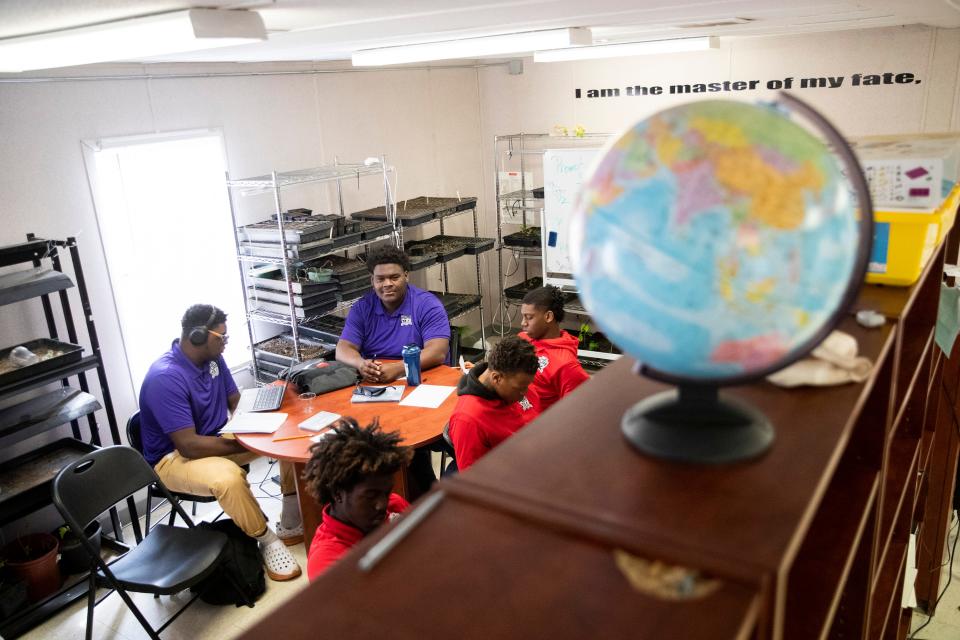
"Youth are a direct product of their circumstances — all youth," Hill said. "What we need to do to make sure there's a brighter future for us all is help youth change their circumstances. I don't mean sending everyone to a residential placement, but we have to provide the right services, and support, that fill gaps."
PURE Academy is expanding, hoping to house more youth
Currently, PURE Academy has the facilities to house 24 students. That will change, Cole said, by the year's end as contractors work to renovate a facility on Chelsea Avenue.
The new property includes three preexisting buildings — one that was formerly part of the Memphis Academy of Health Sciences, which closed in 2022, and two that were part of Memphis Baptist College — and multiple parcels of land.
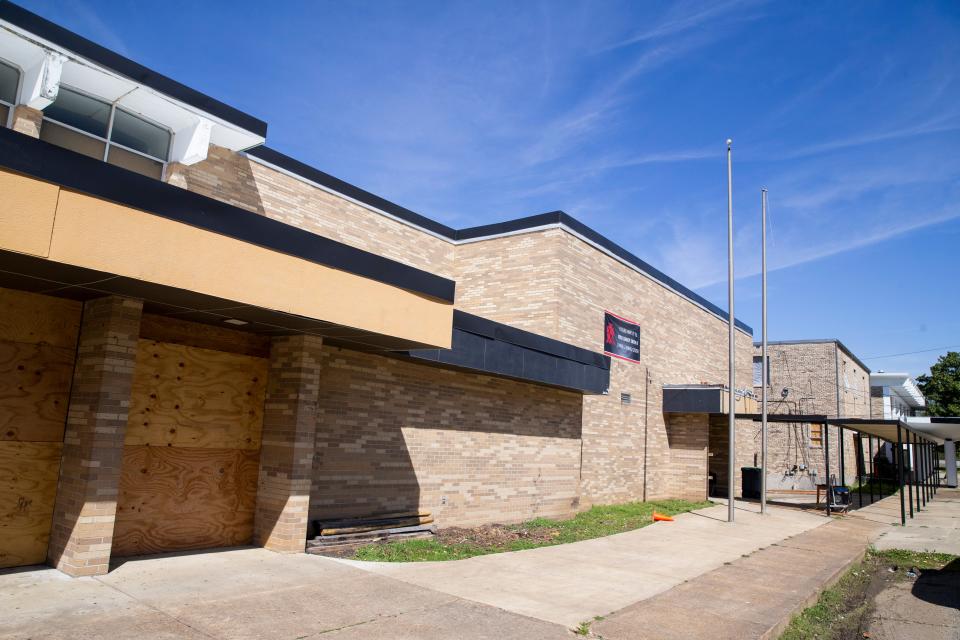
The building will expand PURE Academy's capacity to about 225 students. Cole said he plans to steadily grow the student body to 70 over the next year.
The Chelsea Avenue campus will have a commercial kitchen, housing, a full basketball gym, multiple labs, a competition football field, a weight room, indoor classrooms, outdoor gathering spaces and outdoor cooking facilities. In line with Cole's love for gardening, more agricultural space will be included on this campus.
Though having tuition rates — $16,580 for residential and $8,880 for day school students last year — for students, Cole said most students are on scholarships. PURE Academy's primary funding source is currently from donors. Cole hopes investment from the Memphis, Shelby County and Tennessee government will help the school continue growing.
More: 'The city needs all of you.' What a former Obama cabinet member said about gun violence in Memphis
Most recently, PURE Academy was added to Gov. Bill Lee's proposed budget for the upcoming fiscal year. The amendment indicated a non-recurring grant of $250,000 could come PURE Academy's way, should it be approved by the Tennessee General Assembly.
At the local level, however, Hill said the current task is to get local elected officials — those on the Memphis City Council and Shelby County Board of Commissioners — to support PURE Academy financially.
"Interestingly, now we're in a space where it's just a chorus where everyone's saying, 'Yeah, Melvin and PURE!'" Hill said. "Most folks in that capacity know him, or have met him, and I think they're supportive. I think when you start talking dollars and cents, that's the place where people get more sheepish — the reality of the cost is just a place where there are many more challenges. But, what it costs to keep youth incarcerated is significantly more. It's no comparison, but people generally don't bat an eye at the cost of incarceration."
Lucas Finton is a criminal justice reporter with The Commercial Appeal. He can be reached at [email protected], or (901)208-3922, and followed on X, formerly known as Twitter, @LucasFinton.
This article originally appeared on Memphis Commercial Appeal: How a grassroots residential school is trying to develop Memphis' kids
